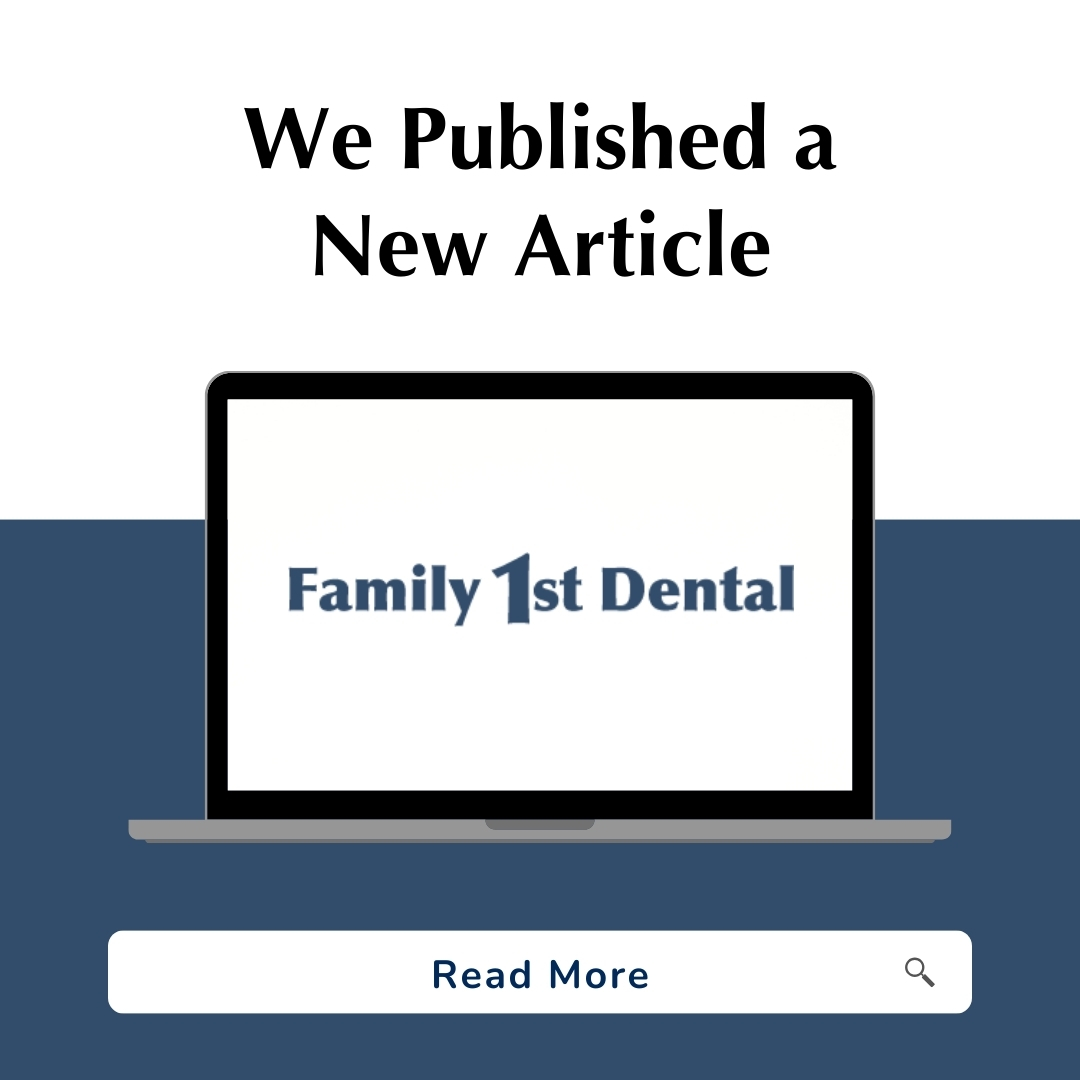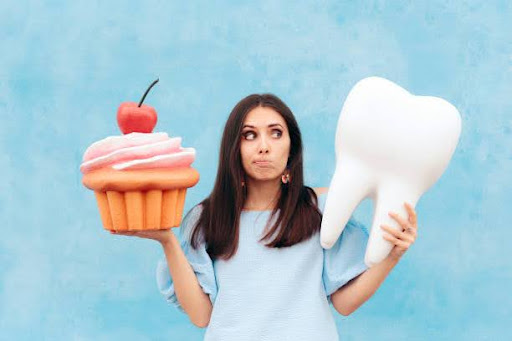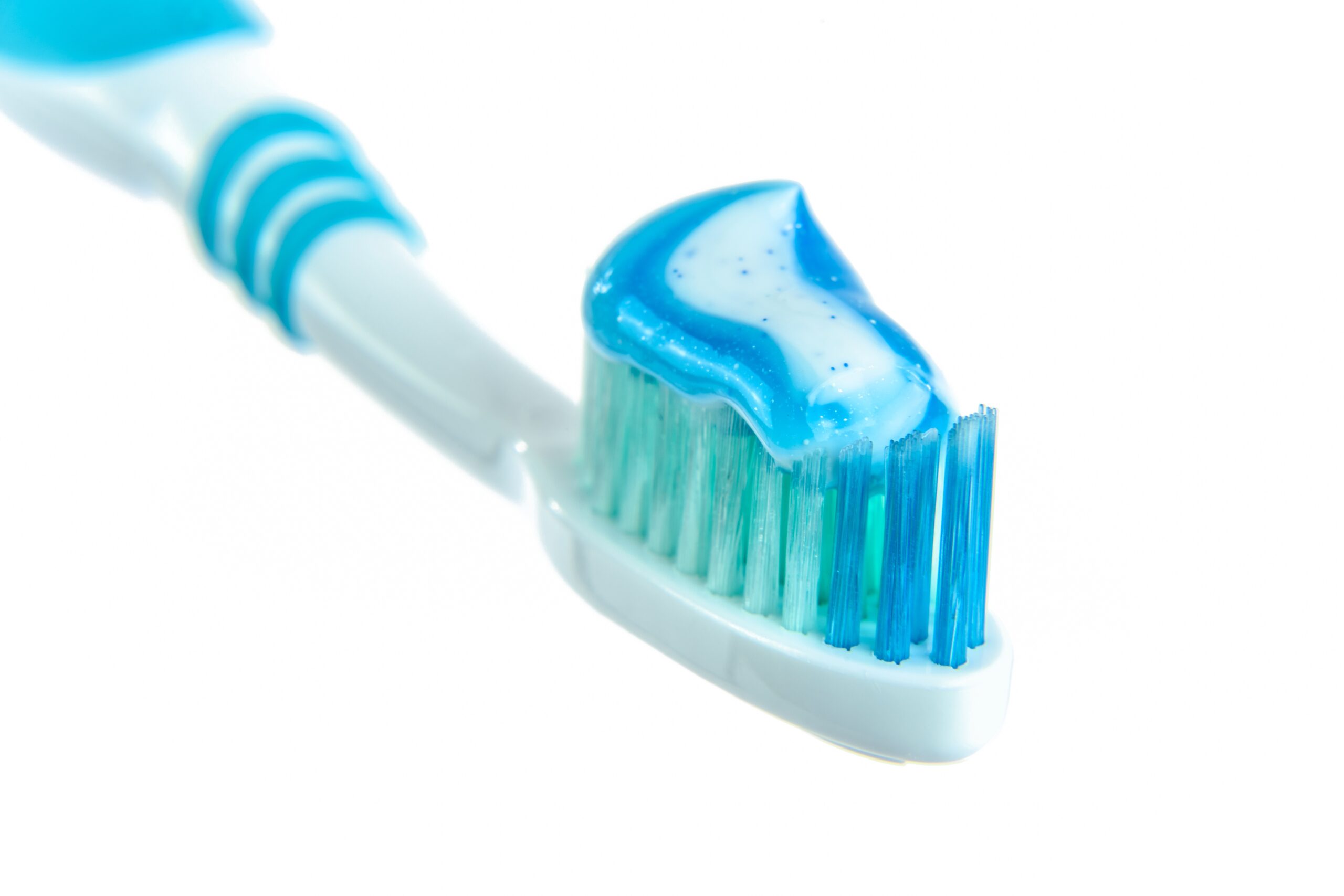
At Family 1st Dental in Hickman, we understand the importance of daily flossing in maintaining optimal oral health. If you’ve ever wondered why flossing is crucial, here are four compelling reasons to make it a part of your daily routine:
1. Preventative Care: Flossing isn’t just about removing food particles stuck between your teeth; it’s a crucial step in preventing tooth decay and preserving your dental health. By eliminating plaque and bacteria from areas unreachable by your toothbrush, you can maintain a healthier smile.
2. Prevent Gingivitis and Gum Disease: Your gums deserve as much attention as your teeth. Regular flossing helps prevent gum disease by reducing the presence of periodontal pathogens, gum bleeding, and decay-causing bacteria. Research from New York University College of Dentistry supports the benefits of flossing in maintaining gum health.
3. Protect Your Smile: Flossing goes beyond cavity prevention; it also preserves the integrity of the bones supporting your teeth. By maintaining the height of these bony structures, you not only preserve your smile’s health but also promote a youthful appearance for years to come.
4. Enhance Overall Health: Gum disease isn’t just a concern for your mouth; it’s been linked to various systemic health issues, including heart disease, stroke, diabetes, and respiratory diseases. Incorporating daily flossing into your routine isn’t just an oral hygiene habit; it’s a step towards promoting your overall well-being as you age.
At Family 1st Dental in Hickman, we offer a range of oral health solutions tailored to meet your specific needs. Our dedicated dental team is here to customize a health plan that ensures your smile stays healthy and vibrant. Schedule your appointment with us today and take the first step towards a lifetime of optimal oral health.

















